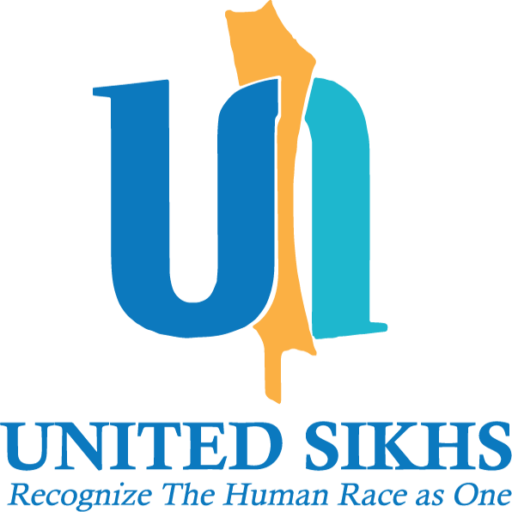EEOC: Discrimination against Sikhs in the Workplace Continues Unabated Since 9/11

Washington DC – Discrimination against Sikhs in the workplace has not subsided since its rapid increase in the aftermath of the September 11, 2001 attacks, according to the U.S. Equal Employment Opportunity Commission (EEOC) figures disclosed recently. In fact, complaints to the EEOC by Sikh individuals have risen slightly in the past year and nearly match complaints filed in 2002.
Complaints by Sikhs to the EEOC include those based on discriminatory discharge, religion-related harassment, and discriminatory hiring practices. 25% of Sikhs’ complaints are meritorious, which exceeds the national average of all complaints filed with the EEOC, said Antoinette Eates Senior Attorney Advisor at the U.S. Equal Employment Opportunity Commission.
Ms Eates said that since 9/11 until July this year, 104 charges of religious discrimination were filed by Sikhs, of which, 1 8 of the charges were open. Of the 86 charges resolved by the EEOC, 8 (9.3%) were settlements with benefits, 3 (3.5%) were withdrawals with benefits, 3 (3.5%) were successful conciliations, 8 (9.3%) failed conciliation, 47 (54.6%) were closed with no cause findings, 13 (15.1%) were closed after charging parties requested and received notices of right to sue, 1 (1.2%) was closed as an administrative decision, 2 (2.3%) were closed for no jurisdiction, and 1 (1.2%) was closed for a failure to respond to a 30-day letter.
“We do not believe that these figures reveal the true extent of the problem as many cases go unreported,” said Harpreet Singh, UNITED SIKHS legal director.
“We urge Sikhs to contact us when they face workplace discrimination and not suffer in silence or walk away,” he added.
UNITED SIKHS has referred 10 cases to the EEOC ( 4: New York; 3: Virgina; 1: Detroit; 1: San Francisco; 1: Phoenix).
“ Our Office of Field Programs (OFP) is working on a user-friendly brochure that will describe employee rights and employer responsibilities in the context of discrimination against Sikhs, South
Asians, muslims and members of Middle Eastern communities. The brochure will include a scenario of an individual wearing a kirpan and a turban, among other fact patterns,” said Antoinette Eates, who wrote last week to UNITED SIKHS and other Sikh organizations in response to questions raised at a meeting in July with the EEOC Commissioner, Stuart J. Ishimaru.
In California, where over one-third of Sikh complaints to the EEOC have been filed since 2002, UNITED SIKHS has taken up the case of Sarbijit Kaur, a Sikh employee of Tracy Kaiser Permanente in Tracy, California. Ms Kaur was denied a uniform and badges for her security position and refused an office position when pregnant, while non-Sikh pregnant officers received such a position.
UNITED SIKHS has been fighting to protect Ms. Kaur from Kaiser Permanente’s discriminatory treatment and ensure her equal access to employment.
UNITED SIKHS also represents Tejbeer Singh, who was told by Service Champion during a job interview that they had a clean –shaven policy for employees and they could not make an exception for Tejbeer Singh. “After UNITED SIKHS wrote to Service Champion citing Tejbeer’s civil rights, the employer agreed to interview him. He is now waiting for his second round of interview and we are watching how his case progresses,” said Harpreet Singh.
In addition to representing Sikhs suffering employment discrimination through litigation and mediation, UNITED SIKHS works with the EEOC and employers to provide diversity training and education to avoid discriminatory discharge, harassment, and unfair hiring practices.
If you are facing discrimination at the workplace or know someone who is, please send an email to contact@unitedsikhs.org
You may read our previous press release on workplace discrimination at https://www.unitedsikhs.org/PressReleases/COMVCE-10-05-2006-01.htm
Issued by
Kuldip Singh
Director
International Civil and Human Rights Advocacy
1888 243 1690




